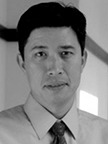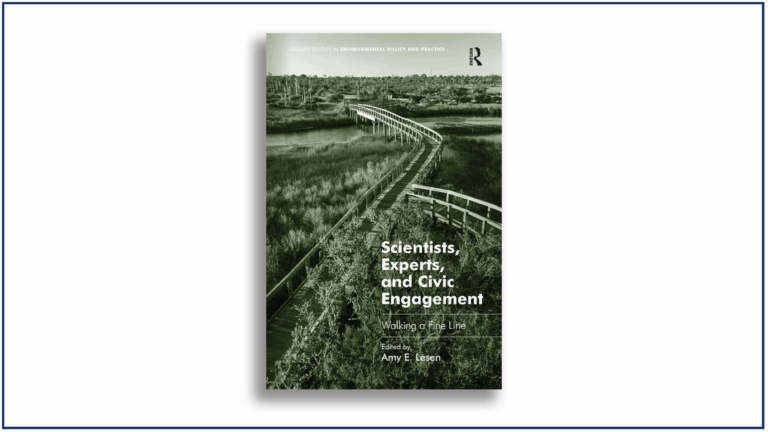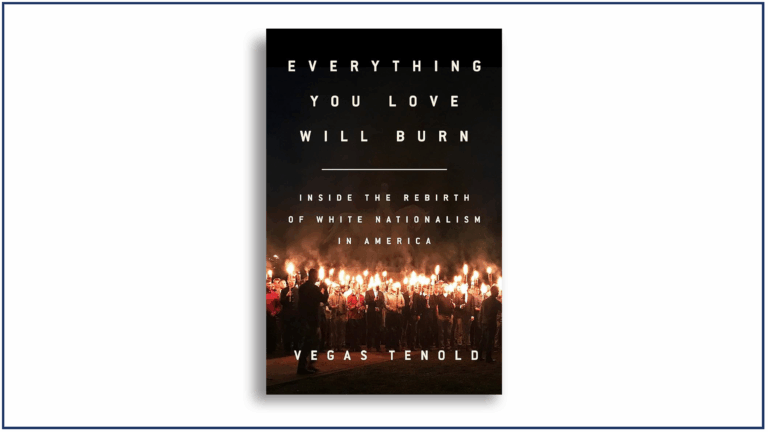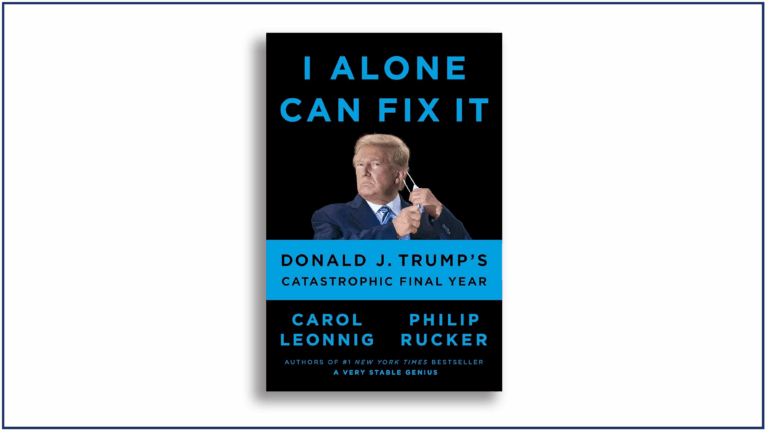Book Review: You’re More Powerful Than You Think: A Citizen’s Guide to Making Change Happen, by Eric Liu
Derek W. M. Barker
Kettering Foundation
You’re More Powerful Than You Think: A Citizen’s Guide to Making Change Happen. By Eric Liu. New York: Public Affairs. 2017. ISBN: 9781610397070. 256 pages. Hardcover, $25.
Author Note
Derek W. M. Barker, Kettering Foundation.
Correspondence regarding this article should be addressed to Derek W. M. Barker, Program Officer, Kettering Foundation, 200 Commons Road, Dayton, OH 45459. Phone: (937) 434-7300. E-mail: barker@kettering.org
Through his writings, speeches, and civic entrepreneurship, perhaps no one has done more to inspire youth civic engagement than Eric Liu, CEO of Citizen University. His new book, You’re More Powerful Than You Think: A Citizen’s Guide to Making Change Happen, takes on a timely and important topic—citizen power—and does not disappoint. Liu’s central insight, which I find utterly compelling, is that citizens have power but must be taught to recognize and appreciate it. Just as Machiavelli sought to teach Florentine royalty to play the game of politics, Liu has written a handbook for citizen power in the 21st century.
Liu’s book comes at a time of widespread dissatisfaction with politics and public life. Rejecting the idea of a common good, the nation’s founders designed an adversarial system in which factions could seek individually to gain power while the system as a whole prevented any single faction from dominating. Though the system may at times have produced periods of healthy competition, politics now appears to be nothing more than a struggle for power, frustratingly incremental and amoral, if not downright dishonorable. Liu takes on these negative connotations of politics in an effort to teach young people that power can be noble and glorious, if only they will have the courage to use it.
Liu offers numerous examples of citizen power accomplishing great deeds. His gifts as a writer are on display throughout the book, which he fills with stories of individual leader-activists and civic entrepreneurs, each representing lessons about power and social change. He tends to draw from local or single-issue campaigns—faith-based social justice activists in Missouri, for instance, or minimum wage organizers in Seattle—in which individuals and small groups have produced impressive concrete change. He compares these individuals to historical figures, from Mao Tse Tung to Nelson Mandela, linking their local and individual stories to larger lessons about power and leadership. While the examples may seem small on their own, Liu weaves them together effectively to show that inspired people working together can create change where none seemed possible—a phenomenon the political theorist Hannah Arendt described as the human capacity for “natality,” which she considered to be an essential component of democratic politics.
Liu’s insight is especially relevant to the field of civic engagement in higher education. Historically, higher education has, for good reasons, eschewed certain forms of civic engagement that might be construed as overly or directly “political,” in large part because it seeks to separate knowledge from power. As a result, the dominant forms of civic engagement generally favor individual volunteerism over collective action and shy away from controversial issues and larger policy or structural changes. While higher education claims to use civic engagement in the education of active citizens in democratic society, it too often neglects critical aspects of citizenship, perhaps even signaling to young people that civic engagement is an honorable and effective alternative to politics rather than a political activity in itself. Higher education is still searching for a form of civic engagement that is at once neutral but also public and consequential. A genuinely civic conception of power would fill this important gap.
Unfortunately, Liu’s book does not deliver fully on this task. While I was hoping for a new conception of civic power that might provide an alternative to adversarial democracy, Liu’s view of power is relatively simple and familiar, as he admits. For Liu, power is “the capacity to ensure that others would do as you would want them to do” (p. 7). While this definition includes persuasive as well as coercive power, the apparent assumption is that the goal of politics is to promote one’s own point of view, rather than to see from common or conflicting perspectives. Liu’s understanding of power thus fits into the dominant conception of politics as a struggle for power among adversarial factions. However, a genuinely civic conception of power would explain how I might have power along with someone who disagrees with me, even as neither of us gets what he or she wants. In Liu’s examples, the activists primarily promote their own particular issues, mobilizing their supporters while perhaps hoping to convert or activate sympathetic audiences. Notably lacking are examples of citizens engaged with others of fundamentally differing viewpoints. While Liu maintains that civic power is “positive-sum,” this means only that it can be created where it does not seem to exist, not that it might be shared across differences. Rather than complicate or transform adversarial power, Liu’s tack is to embrace adversarial power and extend it to everyday citizens.
For Liu, power is a means, not an end in itself. As a means, Liu’s concept of power is neutral, in that anyone can exercise it regardless of his or her partisan background. Nevertheless, this implies that Liu expects people to exert power in their own interests. Thus, while power is neutral, it is not shared across differences. For example, just as he draws lessons from social justice organizers, Liu cites the example of an activist who mobilizes millennials around libertarian issues, making clear that he admires his means while disagreeing with the goals (p. 58). Rather than attempt to transform adversarial politics, Liu seems content to encourage different groups to use power for their own objectives, even if the cumulative effect may be to cancel one another out, as one would predict in an adversarial system.
Perhaps more problematically, Liu holds up several of the more divisive forces on the current political scene as positive examples of civic power. Liu considers the Tea Party and the “Trump Train” alongside Black Lives Matter and Occupy Wall Street (p. 3) as examples of a new age of citizen power—not because they accomplished anything together, but because each succeeded on its own terms in injecting fresh democratic energy into the system. Liu is not wrong about the positive attributes of these movements. However, if this is an age of citizen power, it is also an age of divisiveness and polarization, and such movements have, with the best of intentions, reflected and contributed to these troubling dynamics. Civic power, as I understand it, remains elusive.
If Liu’s conception of power fails to transform the collective understanding of politics, I fear that it will be less useful as a model for higher education civic engagement. If politics is understood as a competition among conflicting ideologies, higher education will rightly seek to steer clear of politics and continue to prioritize more benign forms of volunteerism and experiential learning. Moreover, as students appear to be yearning for experiences that might represent a different kind of politics, it seems that Liu’s conventional view of power represents something of a missed opportunity.
I share Liu’s aspiration for young people to find dignity and meaning in politics, and he is certainly correct that the negative connotations of power are significant deterrents to youth civic engagement. Liu makes an important and convincing case for giving young people the skills they need to make a difference in public life beyond the individualistic and de-politicized conceptions of civic engagement. Indeed, higher education has much to learn from You’re More Powerful Than You Think. Still, it seems to me that the negative connotations of power stem from an underlying conception of politics as adversarial, which Liu never fully addresses. Increasing levels of divisiveness increase the stakes of politics, while reinforcing the view of politics as a competitive game among groups lacking any common purpose. While we ought to be suspicious of efforts to return to a unitary democracy with complete agreement on the common good, at least some sense of commonality, despite our differences, might make power appear less threatening. Reducing the climate of divisiveness may be at least as important as overcoming the aversion to power. In fact, the two may go hand in hand.
Author Biography
|
|
 Derek W. M. Barker is a program officer at the Kettering Foundation. With a background in political theory, he works primarily on research concerning the democratic role of higher education institutions; philanthropy and nonprofit organizations; journalism; and the professions. Derek is the co-editor (with Alex Lovit) of Kettering’s Higher Education Exchange, and also works closely with the foundation’s team of resident researchers. Derek’s previous experience includes an appointment as visiting assistant professor of political studies at Pitzer College, and he holds a Ph.D. in political science from Rutgers University.
Derek W. M. Barker is a program officer at the Kettering Foundation. With a background in political theory, he works primarily on research concerning the democratic role of higher education institutions; philanthropy and nonprofit organizations; journalism; and the professions. Derek is the co-editor (with Alex Lovit) of Kettering’s Higher Education Exchange, and also works closely with the foundation’s team of resident researchers. Derek’s previous experience includes an appointment as visiting assistant professor of political studies at Pitzer College, and he holds a Ph.D. in political science from Rutgers University.

